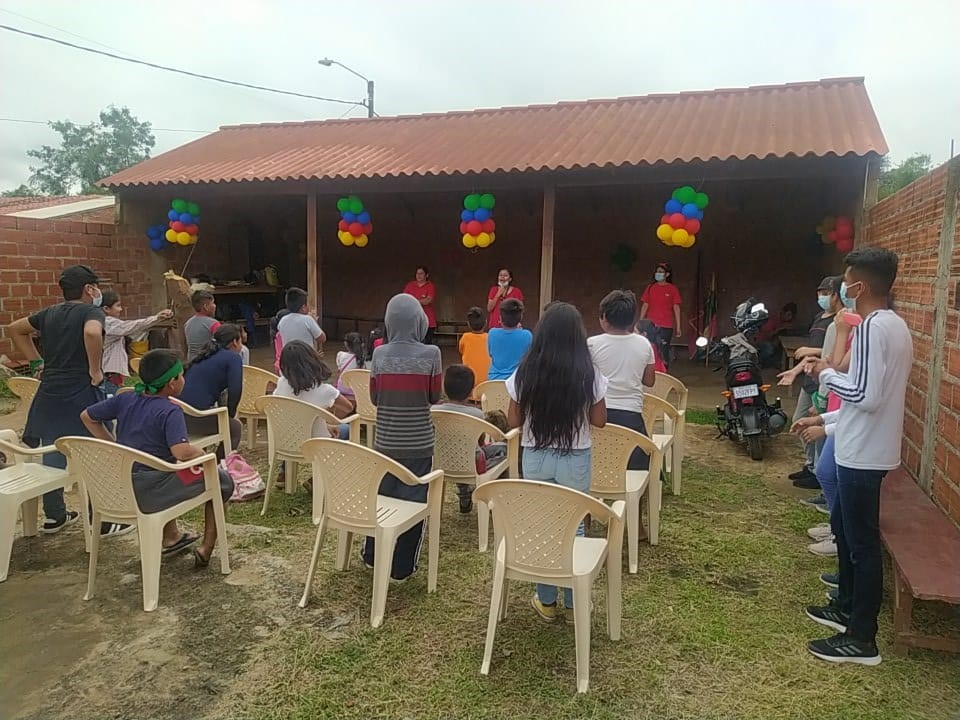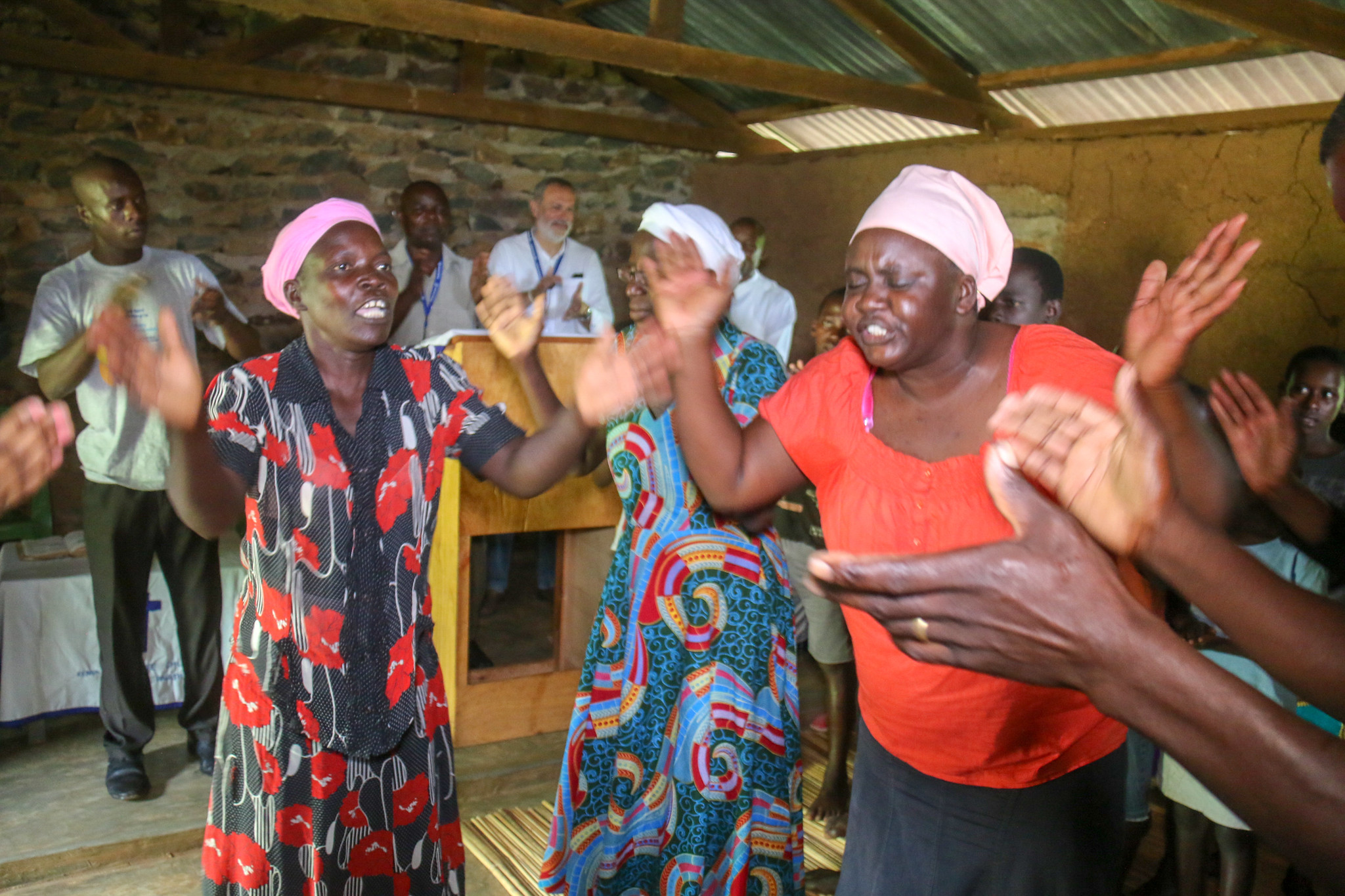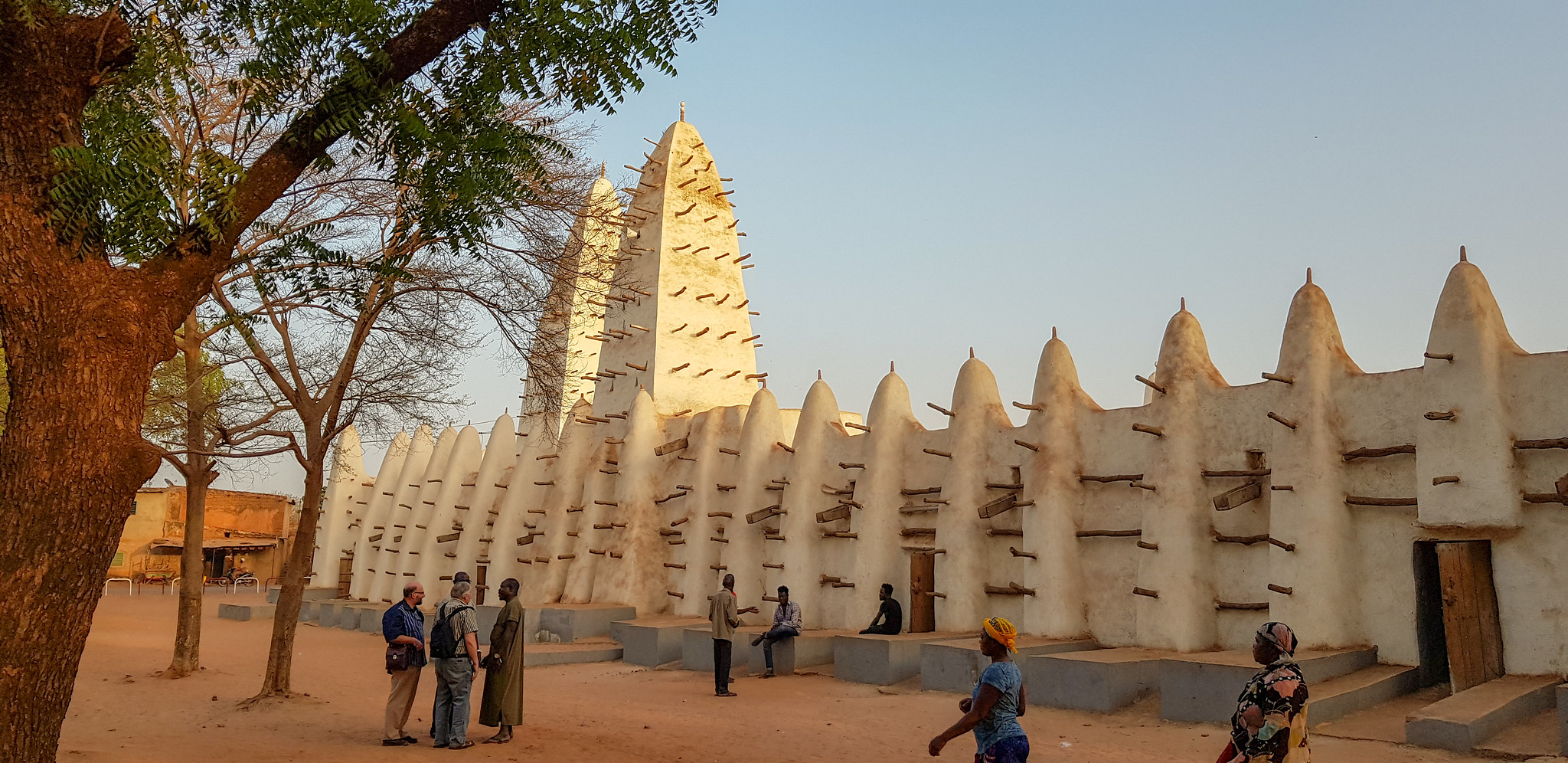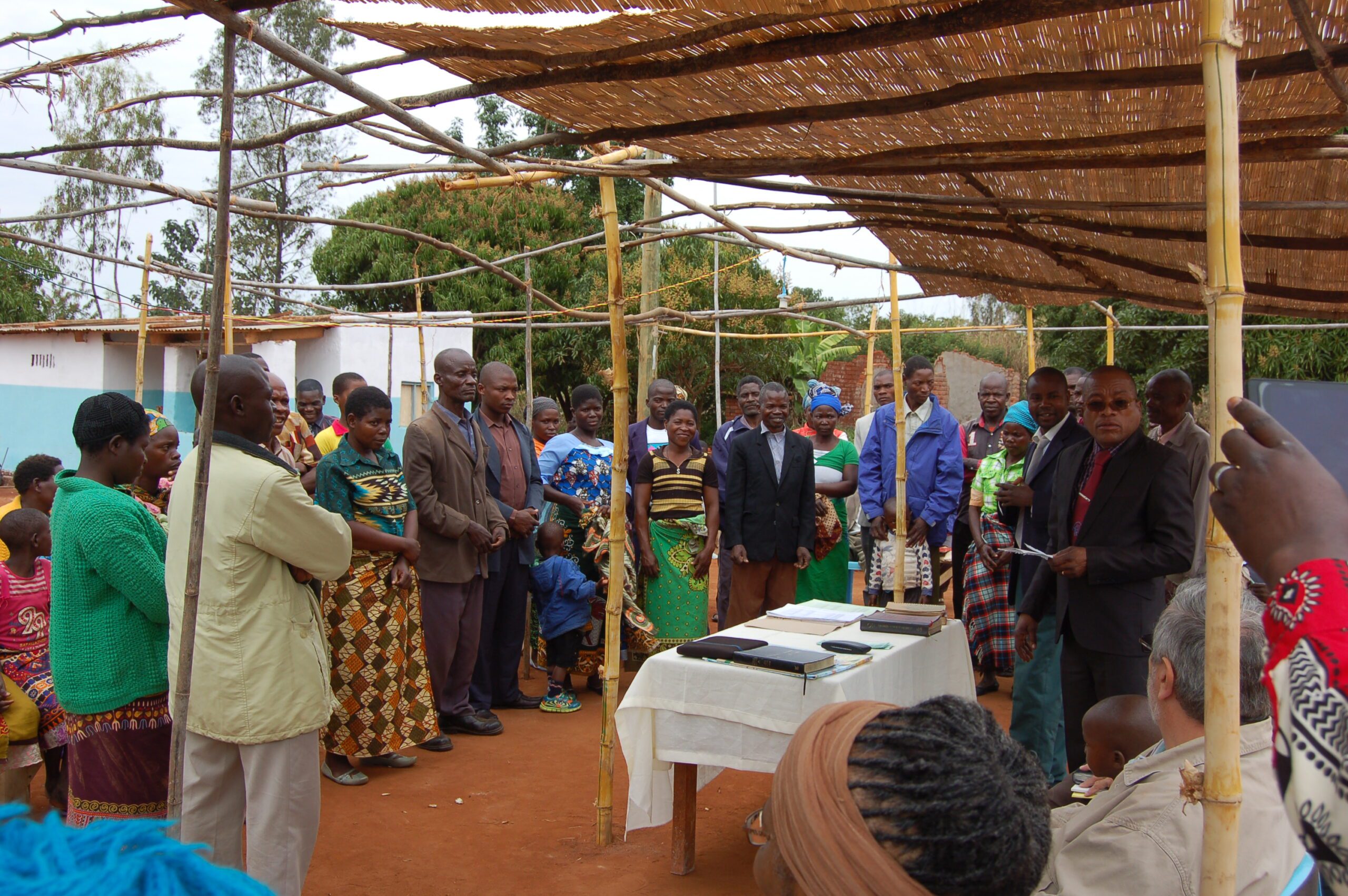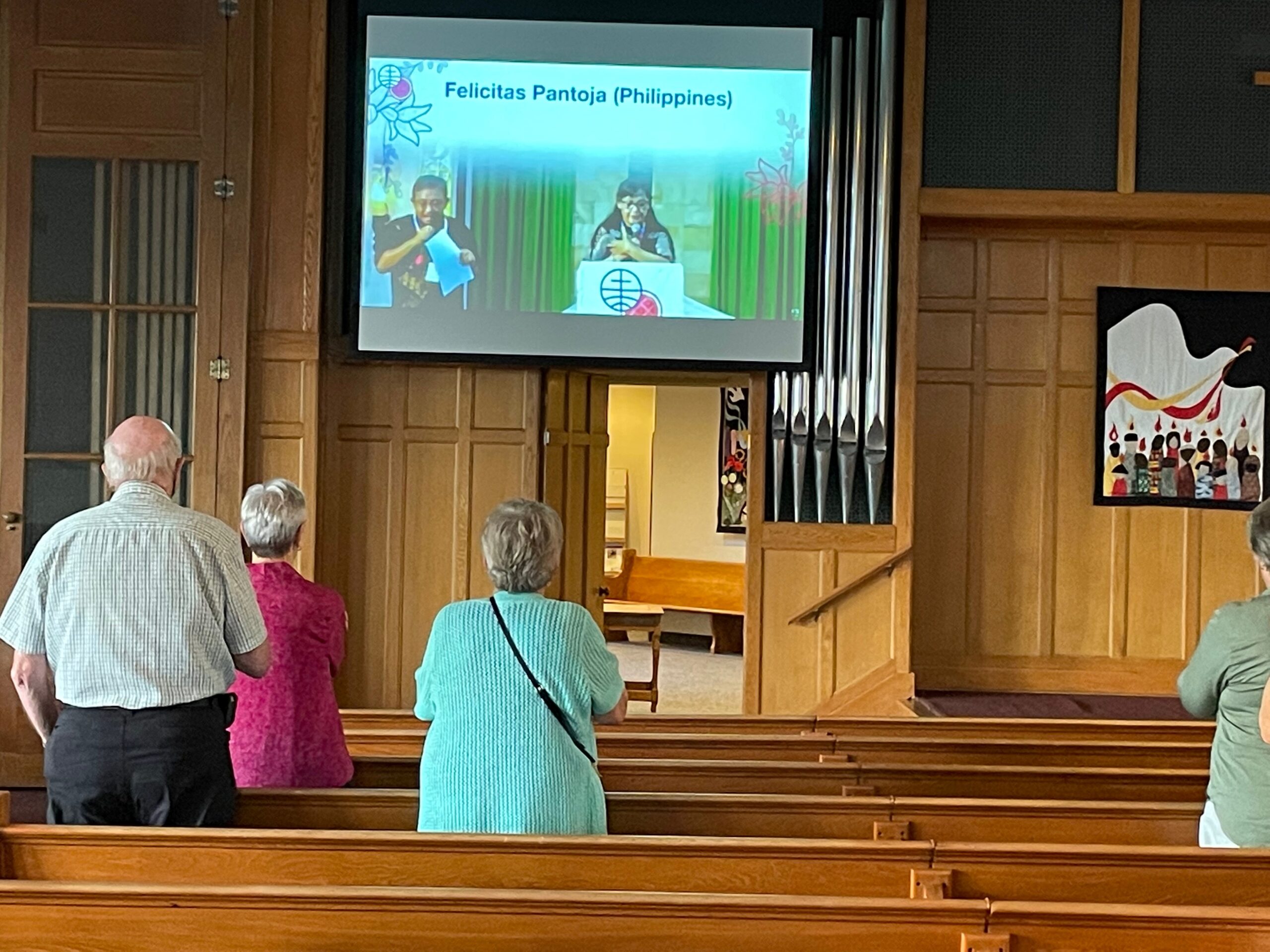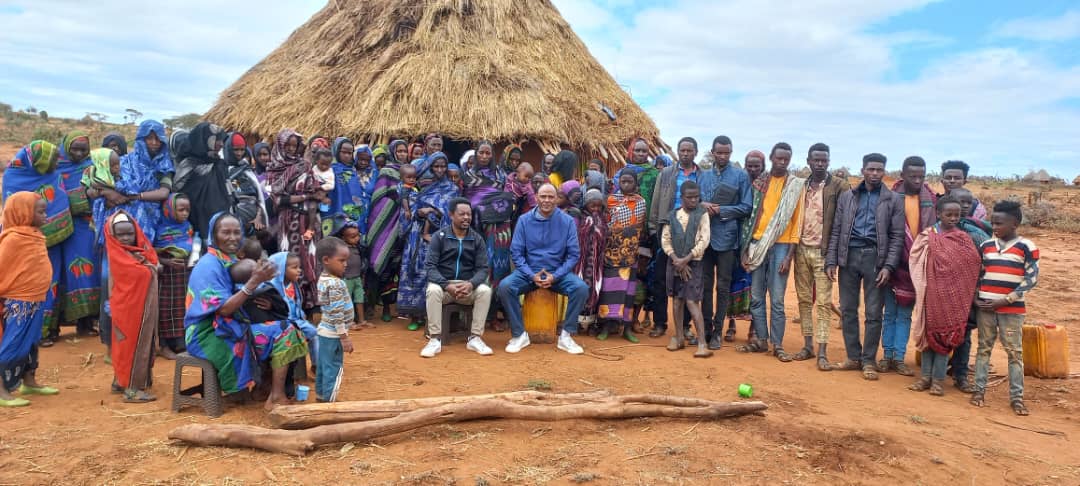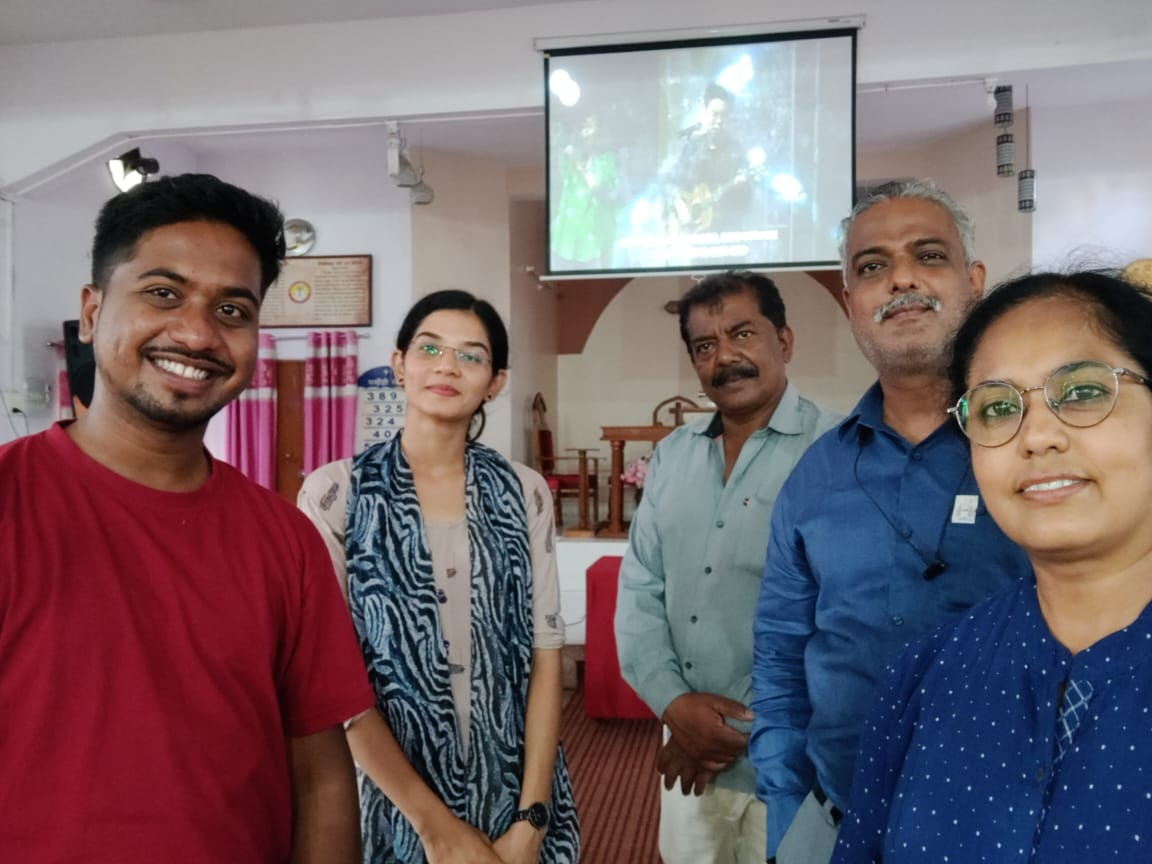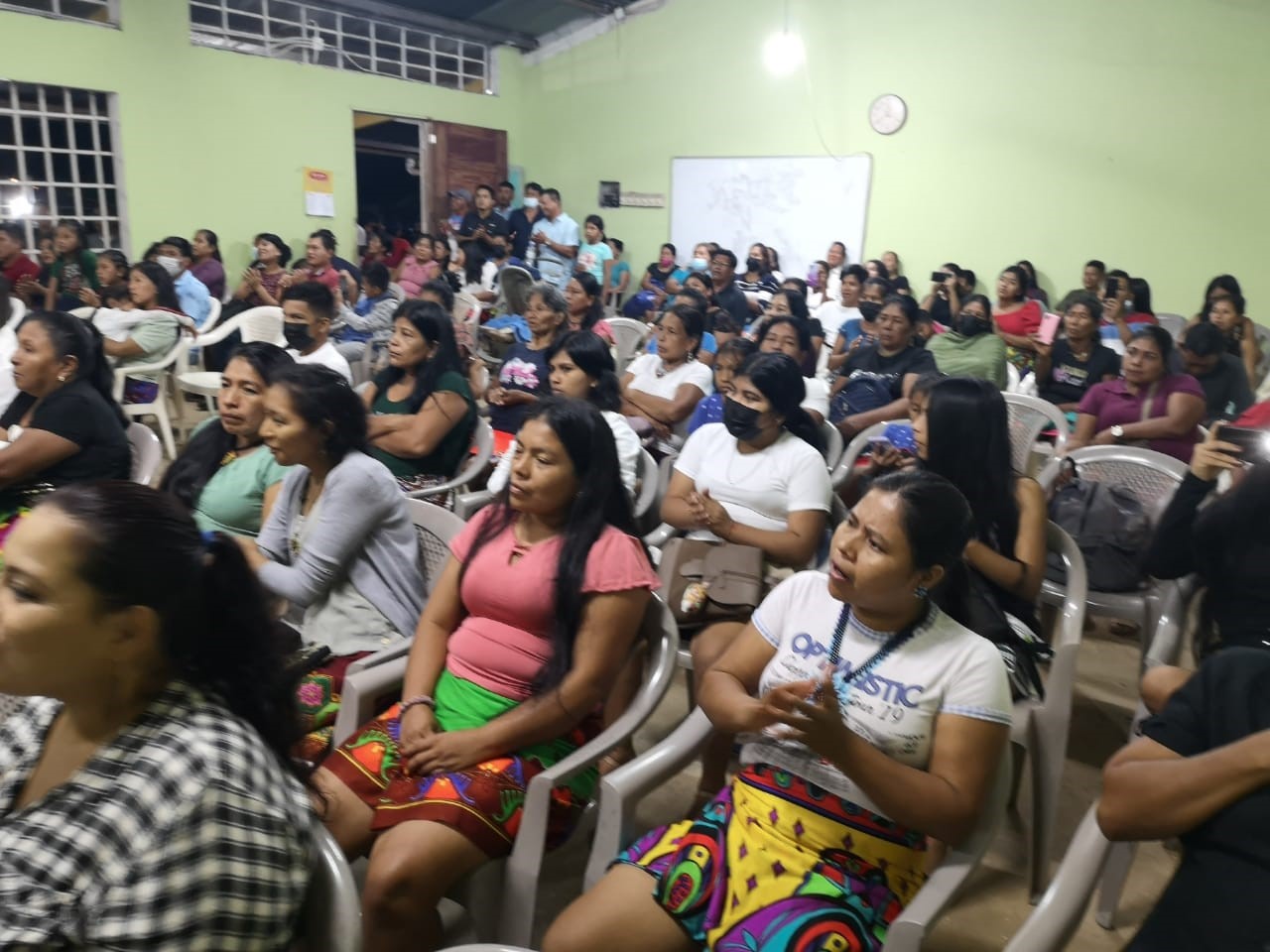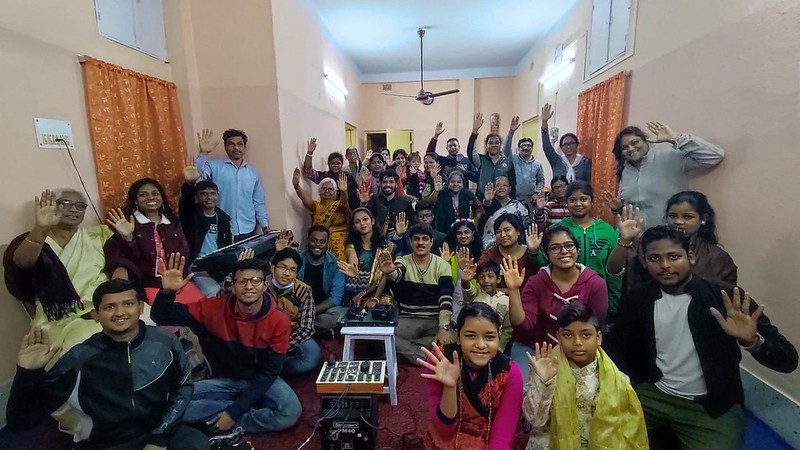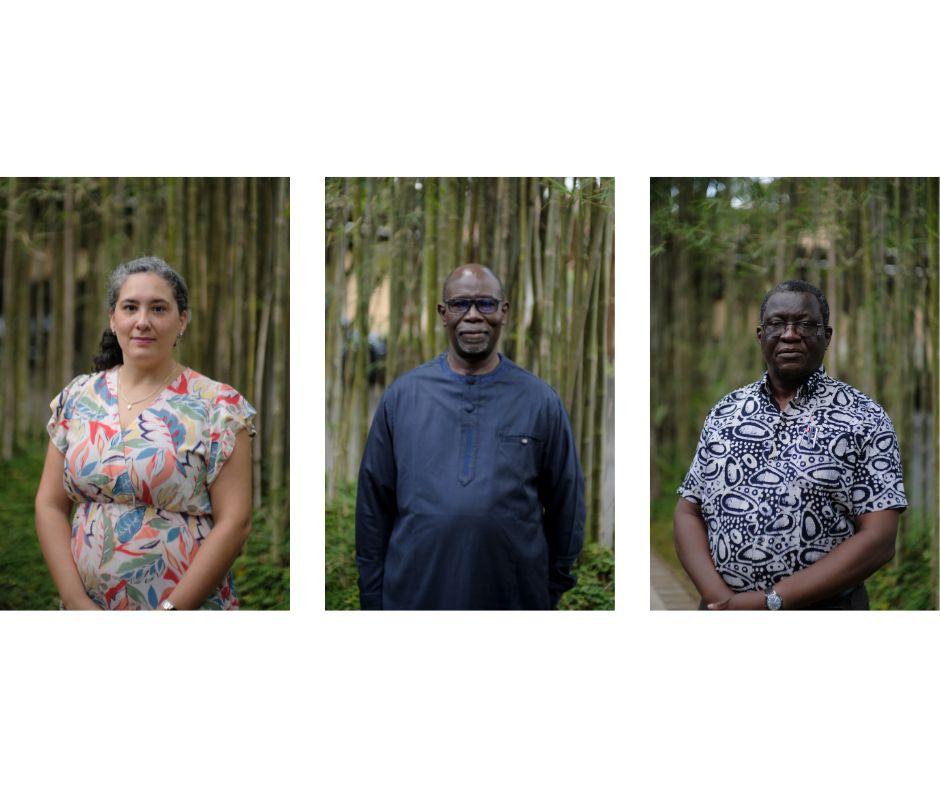-
Ministry partner update: ICOMB – October 2022
We ask for your prayers dear brothers, that God may allow us to continue growing in the ministry in which we are currently working, that God may always provide what is necessary in terms of economic needs and also that in this month of October 2022, the Lord may give us strength for the evangelism…
-
My true hope
Testimonies from Africa Working as a nurse is a challenging job. It needs a heart with passion, patience and love. During the COVID-19 pandemic, I saw the hand of God in my life as he protected me. There were times when I despaired with anxiety, but when I remembered how King David in the Bible…
-
God fights for his children
Testimonies from Africa Psalm 62 expresses the cry of Christians in the West African Sahel. Several Sahelian countries have been experiencing terrorist attacks for more than 10 years. Like David, we feel hungry and harassed by the enemy. David was abandoned by his faith collaborators, betrayed. In these difficult times, David did not use violence,…
-
A journey of understanding
It was with great anticipation that I went to attend a Brethren In Christ Church (BICC) conference in Mozambique, in July 2016. This was my first trip as a regional representative for Mennonite World Conference. It was held in a small town called Milange, in the northern part of Mozambique bordering Malawi. Unfortunately, I did…
-
Hope is a position of optimism
Testimonies from Africa I was in a dark space June to July 2021 when my husband and my mom fell ill at the same time. My mother later passed on in August. Then in February to March 2022, my husband fell ill again. It took more than two weeks for the doctors to come up with…
-
“We felt the connection”
“I think this type of ‘hybrid’ connectedness has great potential for strengthening the communion of Mennonite-related churches around the world,” says Ray Brubacher.
-
Believers bring water for drought baptism
In the drought-prone Borena region of Ethiopia, believers saved water to hold a baptism for 120 new believers. The area in Southern Ethiopia currently has a severe water shortage. Believers excavated land and lined it with plastic to preserve rainwater. They used traditional methods to prevent evaporation. Finally, in yellow 20L containers, they brought water…
-
Watch for it!
“It was nice to hear something from Indonesia and take part a little bit,” says Erwin Röthlisberger of Evangelische Mennoniten-Gemeinde Bern, Switzerland. He attended Assembly from his home in Europe. Videos from MWC’s Assembly Indonesia 2022 will begin to be posted on MWC’s website and YouTube channel starting in October. Until now, the plenaries and…
-
Ministry partner update: ICOMB – September 2022
IEU has 16 local churches. Serving the churches, due to the distance between them, is a bit difficult for the conference. For this reason, the conference in Panama works by region. They have five regions and each region has one or two coordinators. Their purpose is to monitor the work assigned by the Assembly. The…
-
An opportunity to cross barriers
“Jesus is our hope: even if we go through the valley of the shadow of death, he is by our side.” In the Anabaptist World Fellowship Sunday materials for 2023, meet the Christian believer in Burkina Faso who declares this faith despite challenges – and more. MWC creates worship resource materials three times a year…
-
Together proclaim the “manifold wisdom of God”
India The missionaries from USA started Mennonite mission work in central India, presently Chhattisgarh state in November 1899. They began with philanthropic works, providing relief to the drought-stricken people. The first baptism of 43 new converts was in December 1900. At the beginning, membership grew very rapidly. In 1949, when the Mission Work Golden Jubilee…
-
Fostering relationships
“We want our regional representatives to develop deep relationships with each member church in their region,” says Arli Klassen, regional representatives coordinator. MWC’s regional representatives are part-time volunteers who develop and support relationships with MWC member, associate-member and potential-member churches; local congregations; and MWC-related agencies and partners. A new region was created in 2022 by…
